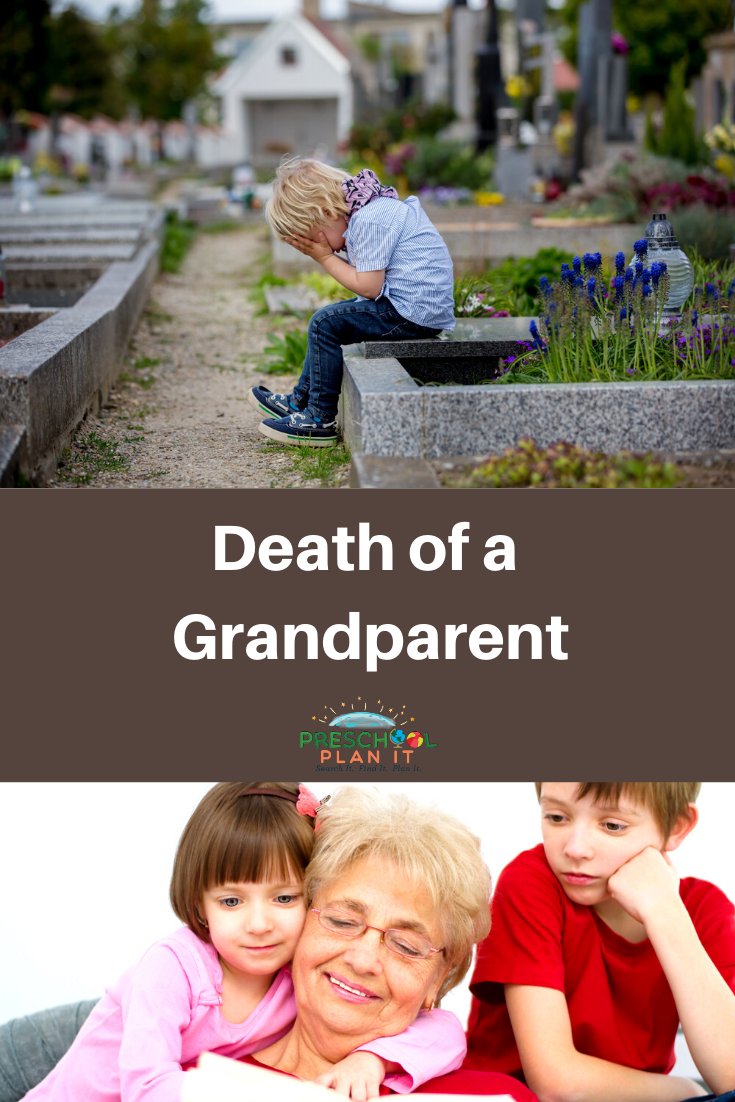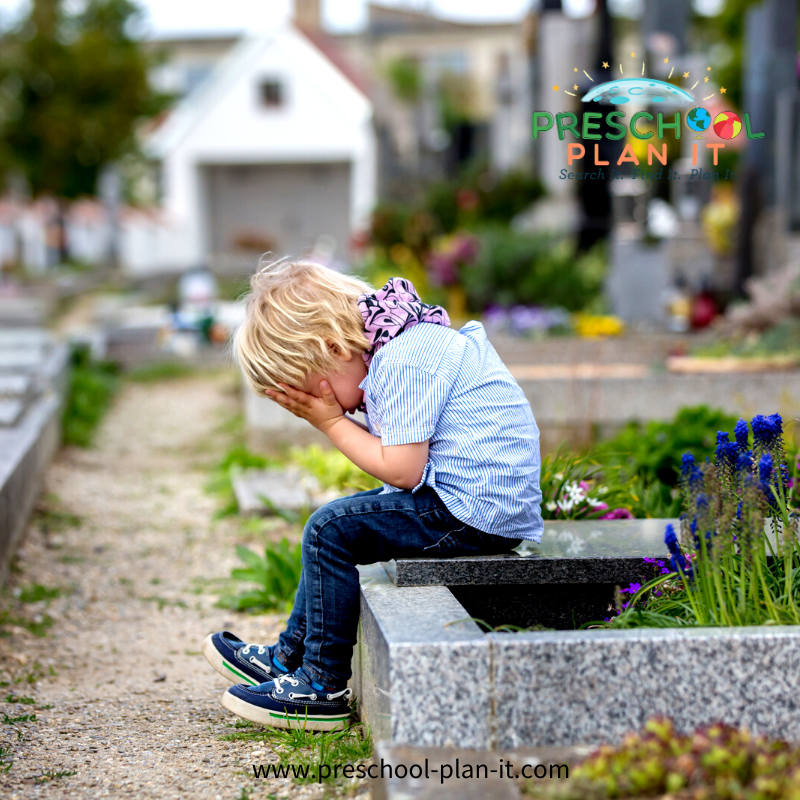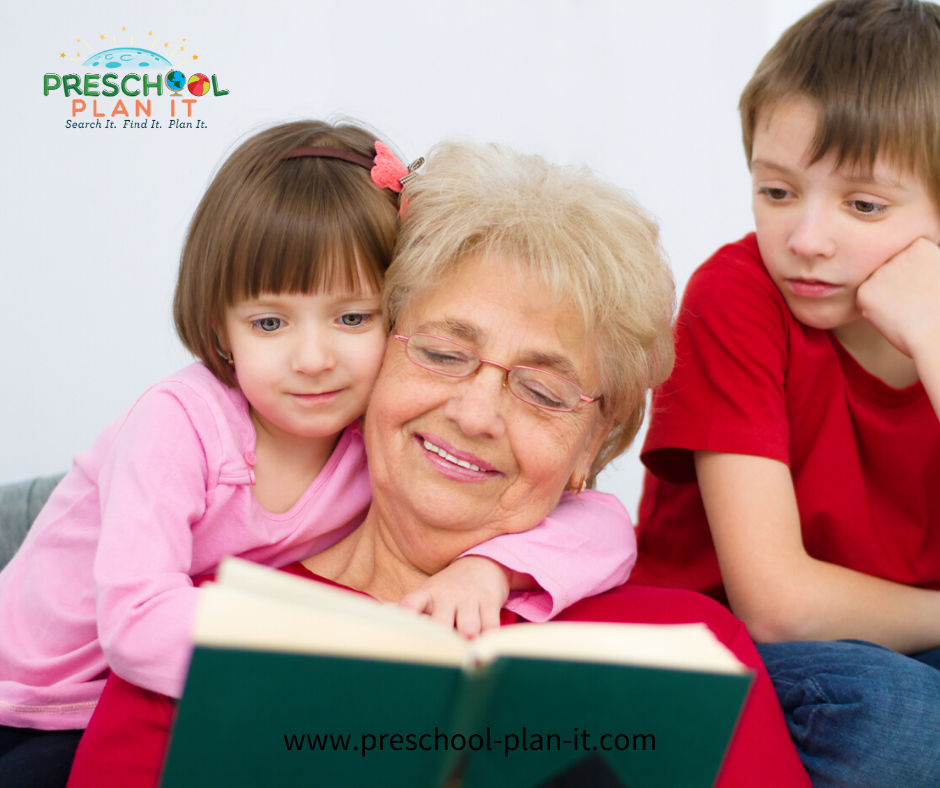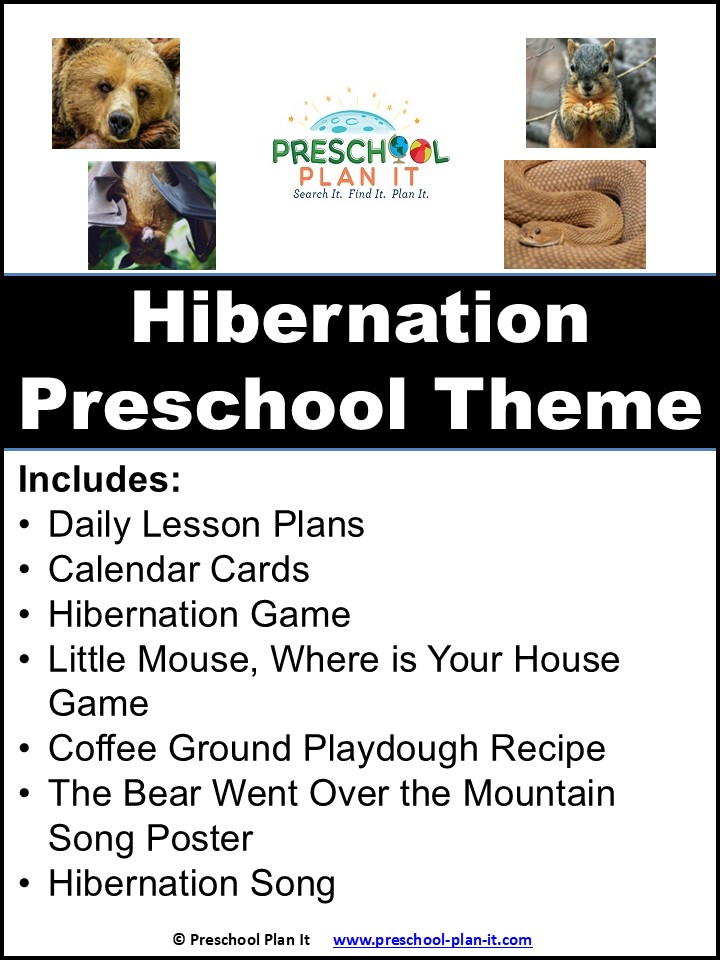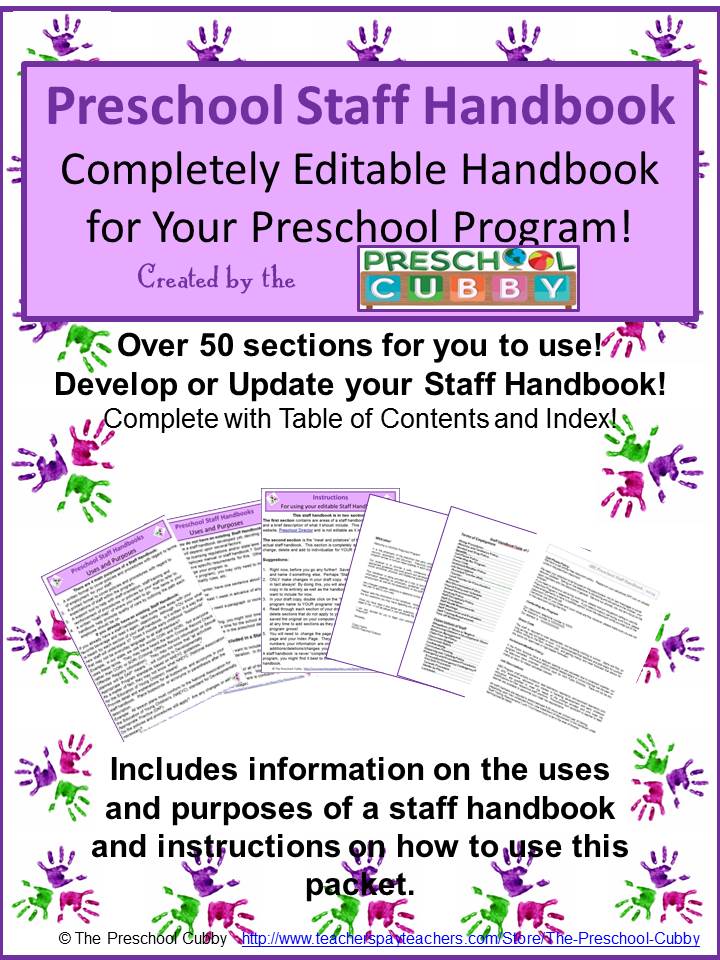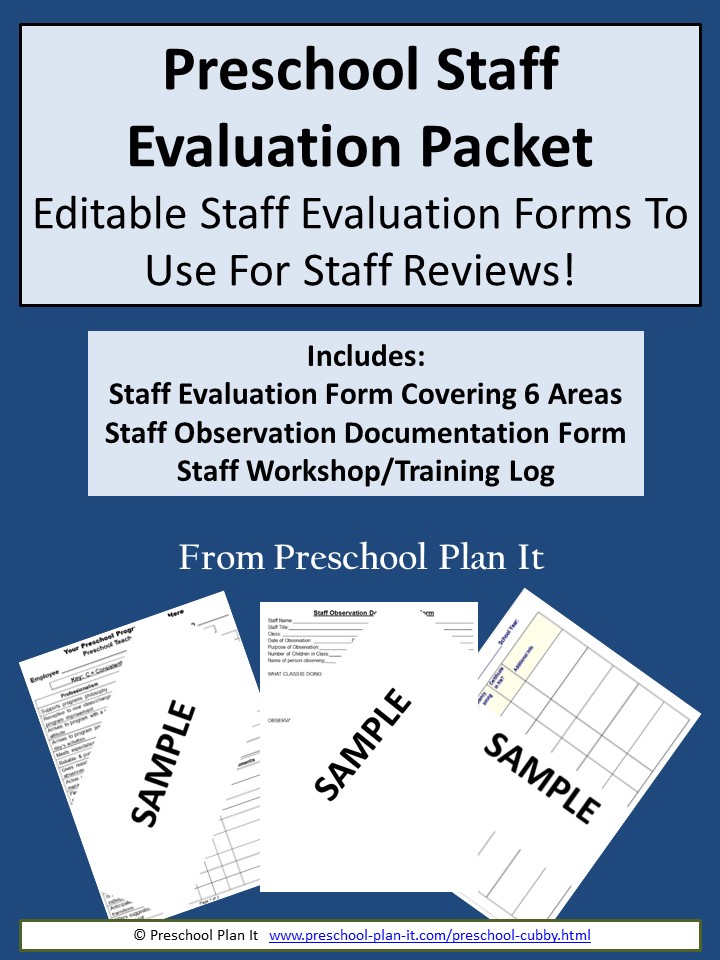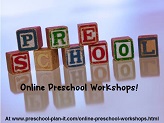- Theme Packs
- Themes
-
Preschool Planning
- Preschool Teachers
10 Tips to Helping Preschoolers Cope with:
Death of a Grandparent or other Family MemberA death in the family- whether it be the death of a grandparent or other family member- creates a huge sense of loss for the entire family.
Young children are even less equipped to cope with death and do not necessarily go through the same grieving process as adults do.
Most preschool children do not understand death. Many times the death of a grandparent or the death of a pet is their first experience with death.
Our preschoolers need time, patience and understanding during this time as they learn new coping skills.
For more resources to help your preschoolers navigate all areas of family life, check out my Family Life Page.
It is important as caregivers and teachers, that we develop a relationship with our preschoolers' families.
With a trusting relationship formed, parents and teachers can work together as a team in the best interest of our preschoolers to help them deal with the death of a grandparent or other family member.
CLICK HERE for information regarding the Death of a Pet
Preschool aged children do not typically understand that death of a grandparent or any family member is forever. They can not imagine that a person can never be seen again. One of the most difficult things to do is to answer the question, "Why did they die?" The wording we use is very important.
Although as adults, we can comprehend that although someone died suddenly, that they were very sick. As a personal example, my mother died suddenly of a heart attack. She had no diagnosed problem except for a heart murmur found a years before that did not appear to be a problem.
She had some angina issues, but was very active and healthy. Her death was a shock to us, however we understood that heart conditions can progress. My children were older at that time (12 and 16) and could understand death and the death of grandparent.
A preschooler may develop anxiety after the death of a grandparent or family member. If they are told "She seemed fine and just died.", they may think they themselves could be very sick and just die or that someone else close to them may be very sick and just die one day.
That is a lot of fear and anxiety for a little kid to try to process. They are very concrete: very black and white in their thinking. It would be best to explain the death of a grandparent or family member in simple but concrete terms such as: "Grandma's heart was very sick." rather than "Grandma's heart was sick but the doctors didn't know."
Many times, especially with the death of a grandparent, children are told that their loved one “has gone away” or “went to sleep and did not wake up”. This causes unrest and anxiety in many children. They may develop separation anxieties when they are dropped off at school or at a family member’s home.
Children may worry that death of a grandparent still living or another family member may happen and that person might go away and not come back. Children do see death as temporary at this age and therefore may see death as “separation” rather than permanent.
They may develop sleeping problems themselves fearing that maybe THEY will fall asleep and never wake up. Older preschoolers may think that their own behavior or action or lack of "good" behavior caused the death (I yelled at her last time; I didn't say I love you, I wouldn't talk to her on the telephone when he called, etc.). It is important that the child be reassured that they were not the cause of the death.
Children respond to death in various ways. Their response may be one of crying, asking questions or with no apparent reaction at all.
As the days go by after the death, and especially as they hear more and more people talk about it during the planning of services, they may begin asking questions or talking about the person more. They may say things like “Is Grandma or Auntie coming over?"
Many children ask if their loved one is in heaven or will ask where they are. How this is handled with the death of a grandparent or any family member will depend upon the family's faith background or belief system. This is a personal choice and it is important for you, as the caregiver, to be aware of what the family believes.
10 Tips When Discussing the Death of a Grandparent
When dealing with the death in the family, it is important for you to talk with the parent(s) or caregiver(s) about what the child knows. You may be the person that the parent comes to for advice on how to break this sad news to the child. Here are some pointers of advice to pass on to families:
- Tell the preschooler that the family member has died (use the word died—not went away or is gone or went to sleep) and will not be coming back. At this age, they do not need long, drawn out discussions. Give them a simple, brief explanation based on their age, remembering that their attention spans are not that long. Too much information can confuse them or will be so much that they tune out and do not understand what you are saying.
- Tell the child why the person died, but briefly. “He was very ill or very old.” There is no need to try to guess what the child is asking you. If they ask “Was she sick?” that is what they need to know right now. Answering simply “Yes, she was very sick.” is enough for now.
- Assure the child that they did not cause the death.
- Let the child talk about the death of a grandparent, or the person and memories in their own time. Asking often how they feel about the death is difficult for children. It is something we ask each other as adults: "How are you doing? How are you feeling about this today?" However, as we know, preschool children are just learning how to identify their emotions (angry, sad, happy) and with their experience with death being limited at this age, are not quite sure how to feel.
- Help the child remember their loved one by drawing or finding a picture of them together and hanging it up or hanging a picture of the pet.
- The child may or may not talk about the person or the death for some time.
- Some behavior changes might be seen in response to the death such as changes in mood, toileting habits, play habits and sleep disturbances.
- There are many books available about this subject. Following this article is a list of books that you may want to look into and have available for families to borrow. It is important that you or the parent read them first before reading any of them to the child to be sure that the book is appropriate for that individual child and is in agreement with the family’s beliefs about death.
- Ask parents to keep you updated on how the child is reacting to the death so that you, with the parents, can work as a team and help this child through this in a consistent manner.
- Contact your child's pediatrician and/or the local Hospice Center for advice and resources. They are very helpful and informative about helping children deal with death of a pet or of a person. In addition, many funeral homes have books and booklets for children regarding death and the funeral process.
Book List Suggestions:
Applesauce Weather by Helen Frost
After the Funeral by Jane Loretta Winsch
The Blue Roses by Linda Boyden
The Dragonfly Door - a Mom's Choice Awards Recipient by John Adams
The Fall of Freddie the Leaf: A Story of Life for All Ages by Leo Buscaglia
Gentle Willow: A Story for Children About Dying by Joyce C. Mills (This book has a "Note to Parents" that addresses how to cope with death and dying.)
Help Me Say Goodbye: Activities for Helping Kids Cope When a Special Person Dies by Janis Silverman
I Miss You : A First Look at Death (First Look At Books) by Pat Thomas
I'll Always Love You by Hans Wilhelm
It Must Hurt a Lot: A Book about Death and Learning and Growing (Hurts of Childhood Series) by Doris Sanford
Lifetimes: The Beautiful Way to Explain Death to Children by Bryan Mellonie
Lighthouse: A Story Of Remembrance by Robert Munsch
My Grandma Died: A Child's Story About Death and Loss by Lory Britain
My Grandson Lew by Zolotow
My Uncle Keith Died by Carol Ann Loehr
Nana Upstairs and Nana Downstairs (Picture Puffins) by Tommie De Paola
The Next Place by Warren Hanson
The Saddest Time by Norma Simon
Until We Meet Again by Susan Jones
What Happened When Grandma Died? by Peggy Barker
What's Heaven by Maria Shriver
When Goodbye is Forever by Lois Rock
When Mom or Dad Dies: A Book for Comfort for Kids (Elf-Help Books for Kids) by Daniel Grippo
Go to the main Family Life page for more articles
Go to Preschool Plan It's Home Page


Hey there! Welcome to Preschool Plan It! I’m Cheryl, a preschool teacher of over 20 years.
I KNOW, I know, you spend hours of time developing your preschool themes, activities and preschool lesson plans each week. You are commited to planning preschool themes and activities that are engaging hands-on, interactive, fun AND meet the goal of supporting each child’s level of growth and development.
I am commited to providing you, the preschool teacher, with everything you need to develop preschool lesson plans and preschool activities for your classroom all in one place!
READ MORE
Join My Free Preschool Teacher Tips Newsletter
You’ll receive a weekly email with planning tips and teaching ideas.
You'll also receive (on the 1st of each month) a free theme starter pack with some printables and activity ideas to get you started planning a theme!Join Now and Get Your First Theme Right Away!
© Copyright 2010-2025 Preschool-Plan-It.com | All Rights Reserved | Privacy Policy & Disclaimer
- Preschool Teachers

